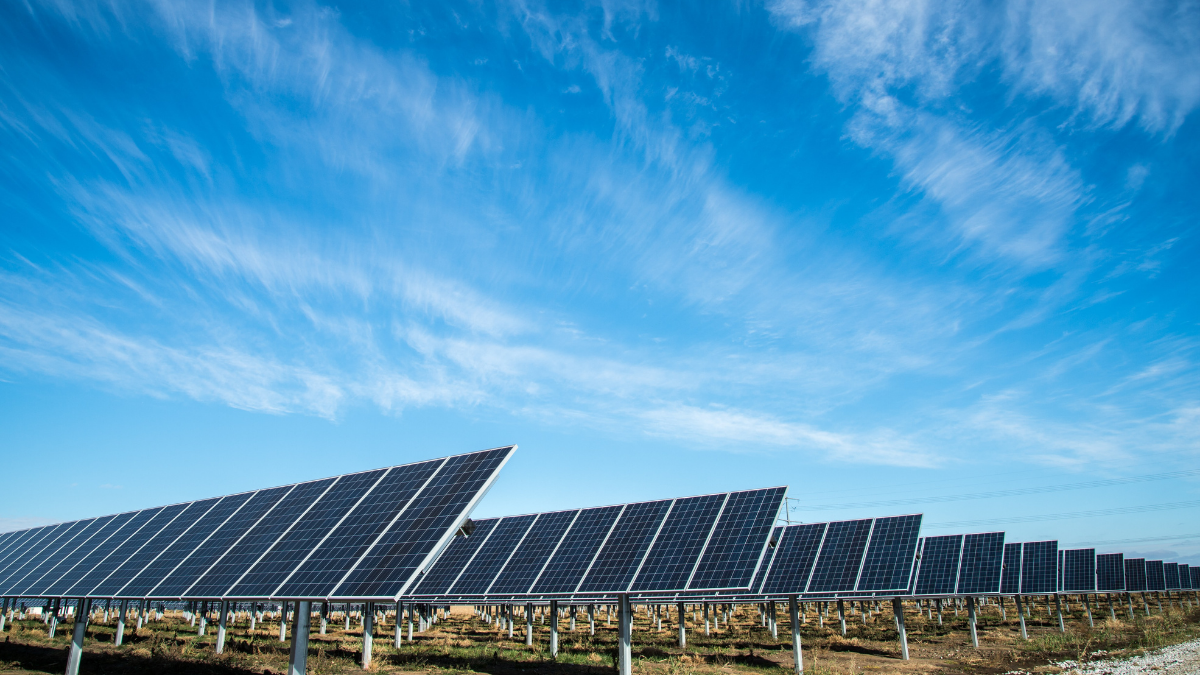The world’s second and third largest economies, China and Japan, have both pledged to eliminate carbon dioxide emissions, heralding an economic era characterised by sustainability and renewable energy.
Japanese Prime Minister Yoshihide Suga committed to carbon neutrality by 2050 in his first policy address to parliament earlier this week.
“We will fundamentally shift our long-standing policy on coal-fired power generation,” said Mr Suga.
In September, Chinese President Xi Jinping also announced China’s commitment to carbon neutrality before 2060 at the United Nations General Assembly.
According to Xinhua news, the Chinese Ministry of Ecology and Environment will draft detailed climate change policy in their 14th Five-Year Plan (2021-2025), which is being discussed by the top Chinese leaders this week.
Li Gang Liu, Chief Economist for China at Citi research, forecasted “more emphasis will be devoted to creating a green economy in China” in the 14th FYP.
As two of the world’s largest coal importing-countries, Japan’s and China’s commitment to carbon neutrality sends a strong message to the rest of the world on their changing investment strategies.
Tao Zhang, International Monetary Fund (IMF) deputy managing director, said countries in the Asia-Pacific region should seek opportunities to transform into greener economies to boost growth and employment.
“Our research shows that a combination of increasing carbon prices, along with green infrastructure investment and subsidies to renewables production, can help our environment while also boosting growth during the post-pandemic recovery,” said Dr Zhang in a speech at the 2nd Bund Summit held in Shanghai China.
How will this trend impact Australia’s economy?
The global trend towards greener economies may force Australia to reconsider its reliance on coal.
Australia was the world’s largest coal exporter in 2019, producing 37.5 per cent of total global coal consumption.
Coal is Australia’s second-largest resource export, making up 14 per cent of total export values, according to ABS data.
“Given the size of Australia’s coal exports, changes in export volumes and prices can have a significant effect on Australia’s GDP and terms of trade,” wrote the RBA in their bulletin The Changing Global Market for Australian Coal.
However the global trend towards decarbonisation could be an opportunity for Australia’s traditionally coal-reliant economy.
Economist Ross Garnaut pointed out that government investment into the low-carbon global economy will lift employment and incomes post pandemic.
“While traditional trade and investment will remain weak in a depressed global economy, there will be opportunities in building the low-carbon global economy,” wrote Dr Garnaut in a September report on South Australia’s Climate Change Challenge and Opportunity.
For instance, Dr Garnaut suggested that “expansion of low-emission manufacturing production for international markets” and “the growth of plants and algae on the land and in the sea” will alleviate carbon emissions in Australia.
Ted Lu, the managing director of Australian solar energy solution company Green IOT, predicts exciting business opportunities in the renewable energy industry.
“Solar energy is the foundation of renewable energy and I believe renewable energy will make revolutionary changes to the utility industry,” said Mr Lu.
Mr Lu said this year’s revenue has almost doubled compared to last year.
“More people want to install solar panels and opt for solar energy … maybe because more people are working from home due to lockdown.”
However, Mr Lu said factory shut-downs in China due to COVID-19 impacted his supply chain and increased business cost this year.
“Almost 80 per cent of solar panels and inverters are made in China; China has dominated the solar panel manufacturing market.”
Keep up to date with our stories on LinkedIn, Twitter, Facebook and Instagram.

